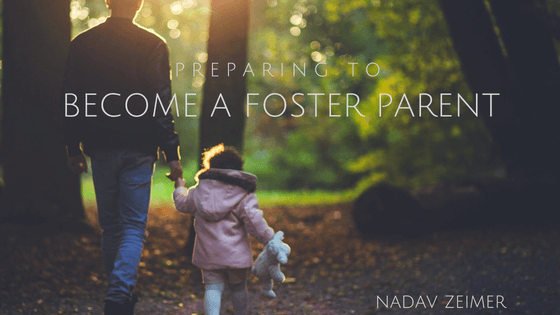Being a foster parent is not an easy journey to embark on, but providing a safe and loving home to a child in need is one of the most rewarding things a person can do. To be a great foster parent, you first need to be prepared.
Education
The majority of the public has little understanding of the foster care system. Often, they’re quick to blame caseworkers for either acting too soon, or not acting quickly enough. There are often multiple issues that lead to a child being placed in the foster care system, but the public will usually only be aware of one of them. As a foster parent, do your best to educate anyone your child comes in contact with about the system and help teach your child as well.
Children in the foster care system should be taught about how to respond to others’ inquiring about their placement in the system. One book that aims to do this is the “W.I.S.E. Up! Powerbook.” Though initially developed for adopted children, the workbook has been adapted for use with children in foster care. The workbook children work through difficult questions that may be asked about their situation.
Building connections
For children, having connections are essential for their mental wellbeing. A child in foster care will often feel like they don’t belong, no matter how accommodating you are. Encouraging a relationship with their family of origin is incredibly beneficial for a foster child. While there are many situations where a relationship with their family is not possible if a child can maintain a relationship with their family, make sure to do so.
Cultivating relationships with other adults in the child’s life will also benefit them. Whether it’s a coach or a teacher, it’s crucial for a child to understand that there are people in their life who care about and support them. As a foster parent, help your child make these connections. Organize a weekly dinner or game night with their origin family and try to bridge the gap between your family and theirs. Encourage your child to speak to their favorite teacher and make a connection with them. Help your child to recognize the many people that they can connect with.
Dealing with grief
A foster child will often have strong feelings of abandonment, anger and grief over their situation. Nobody wants to be separated from their family and placed in an entirely new setting, which may mean attending a new school and losing any friends they had. Help your child work through these feelings. Understand that they make take their anger out on you. Even if you’re the greatest foster parent in the world, your child may still hate you simply because of the situation. Give your child avenues to work through these feelings, both with and without you. Consider having your child meet with a therapist that specializes in foster care situations for them to learn healthy coping mechanisms.
By helping your foster child understand their situation, build connections with trusted adults, and deal with their negative feelings, you’re setting them up for greater happiness, whether they end up getting adopted or placed back with their origin family.

